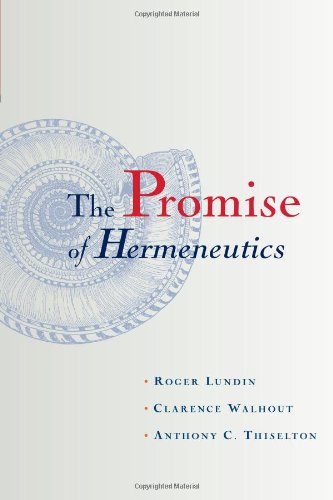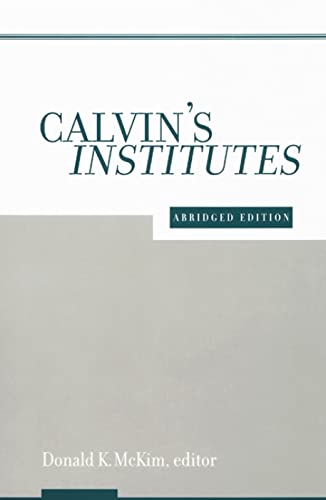The Gender Neutral Controversy: Muting the Masculinity of God’s Words
Written by Vern S. Poythress and Wayne A. Grudem Reviewed By Sharon JamesThe New Revised Standard Version (1989) was the first major ‘gender neutral’ translation (for example avoiding the use of the generic ‘he’, and avoiding male orientated terms like ‘father’ or ‘son’). Others followed, including a British inclusive language New International Version (1996). When American evangelicals realised that an inclusive language NIV might ultimately replace the current NIV, there was a furore. Since then controversy over ‘gender neutral’ Bibles has rumbled on.
A conservative evangelical scholar of the standing of Don Carson has entered the debate arguing that use of the generic ‘he’ is no longer appropriate, and that it is consistent with a high view of the Word of God to replace it (for example, with the plural form). The realities of linguistics mean that to attempt to maintain ‘formal equivalence’ is artificial. (The Inclusive Language Debate: A Plea for Realism. IVP, 1998).
This book is a massive and closely argued rebuttal of such claims. Poythress and Grudem describe the controversy, outline the rise of gender-neutral translations, provide a powerful section on the Bible as the Word of God and give an outline of principles of translation. They agree that in some cases the older versions have been unnecessarily ‘male’ orientated, and that in such cases a shift to a more ‘gender-neutral’ approach is actually more faithful to the original language. For example, the Greek pas for ‘everyone’ does not need to be translated ‘every man’, as in some older versions. But the key is faithfulness to the original language. The longest section in the book deals with the generic ‘he’; outlining the arguments for and against, explaining the strong opposition to its use, but concluding that it is still part of everyday English usage. Other translation issues (fathers, brothers etc.) are dealt with in detail.
The authors argue that wholesale replacement of the generic ‘he’ with the plural form or other forms, and widespread censoring out of anything male (just because it is male) are less about being ‘faithful to original intent’ and more concerned with submitting to the thought police who terrorise so many modern university campuses. We do not tamper with other historic documents-why tamper with Scripture? Substantial arguments are forwarded to show that while indeed the culture of the Bible may be strange to readers today, it is not the job of the translator to interpret the culture—it is the task of Bible teachers. Translators should translate.
The debate tends to get entangled with the egalitarian versus complementarian controversy. But Valerie Becker Makkai, a serving elder in her church, and past president of the Linguistic Association of Canada and the United States writes a preface which separates the two issues. She understands that the Bible was written for a different era, ‘and I am perfectly capable of interpreting those teachings and applying them to modern times. It is not necessary for translators to do that for me, nor do I want them to … it is of utmost importance to me, as a Christian, to know exactly what the Scripture says, in a translation that reflects as closely as possible the exact meaning of the original. Only then can I decide how the Biblical teachings apply to me today’ (xxi–xxii). She says that Poythress and Grudem ‘clearly understand the fluid and changing nature of language, and their arguments are based on sound linguistic principles … their claim that substituting gender neutral language does indeed change nuance and meaning is entirely linguistically sound’ (xvii, xxxxiii).
This book is a scholarly and temperate but devastating critique of those who are willing to change the Words of God to accommodate our culture. ‘Do we follow the Bible alone, submitting to all its teachings and all its nuances? Or do we trim it in order to fit in more comfortably with modern thought patterns?’ (298).
Sharon James
Leamington Spa







